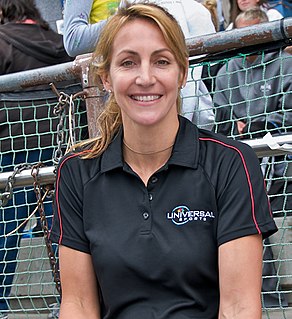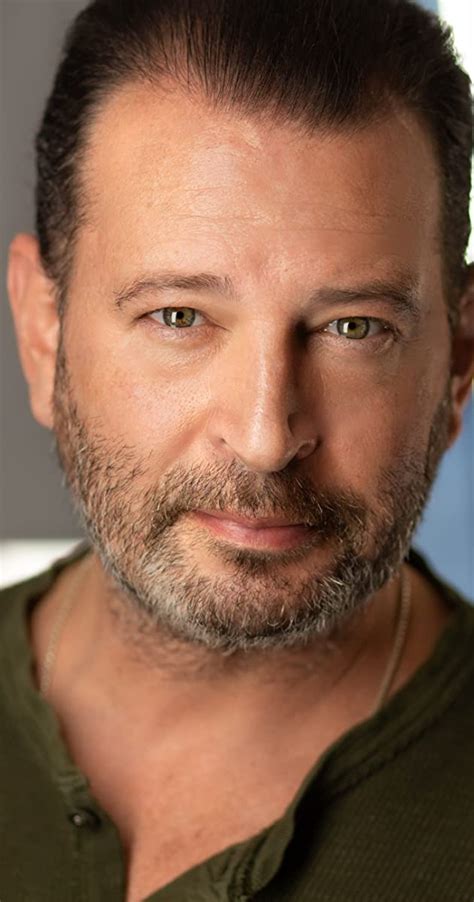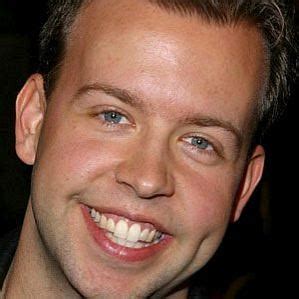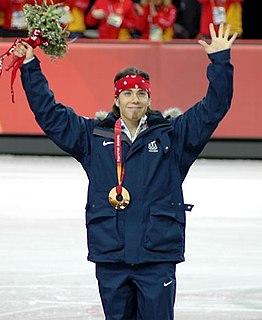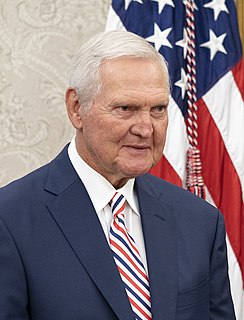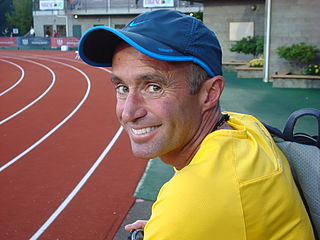A Quote by Abi Morgan
Plays are the marathon of scriptwriting. You fix on a point somewhere in the middle distance, and you start running, and you don't stop until you get to the end. The theory is that you have something you cannot not say: this is the engine that propels you through to the last page.
Related Quotes
The 2013 Boston Marathon was, for me, a milestone. A bucket list event that was supposed to be my last marathon until my next big milestone, turning 50. But I couldn't leave marathoning on a memory like that, so I am running this year to honor everyone in the running community and those unsung heroes from April 15, 2013.
It's like you run into this dark tunnel, trusting that somewhere there's another end to it where you're going to come out. And there's a point in the middle where it's just dark. There's no light from where you came in and there's no light at the other end; all you can do is keep running. And then you start to see a little light, and a little more light, and then, bam! You're out in the sun.
I am never happy when I finish a book. I always start feeling good, and then I get to about Page 75 and start losing momentum - and I kind of pull it together at the end, but by then I think it's just all over. It's become almost a running joke among my agent and my editor - I always say that, so they don't take me seriously anymore.
When I set out to write a screenplay, I have in my mind a beginning and an end but that end part continually changes as I start to write the middle. That way by the time the screenplay is finished I have taken myself and my audience from a familiar beginning point through the story to an unfamiliar ending point.
Almost all good writing begins with terrible first efforts. You need to start somewhere. Start by getting something-anything-down on paper. A friend of mine says that the first draft is the down draft-you just get it down. The second draft is the up draft-you fix it up. You try to say what you have to say more accurately. And the third draft is the dental draft, where you check every tooth, to see if it's loose or cramped or decayed, or even, God help us, healthy.
I've been trying to fit everything in, trying to get to the end before it's too late, but I see now how badly I've deceived myself. Words do not allow such things. The closer you come to the end, the more there is to say. The end is only imaginary, a destination you invent to keep yourself going, but a point comes when you realize you will never get there. You might have to stop, but that is only because you have run out of time. You stop, but that does not mean you have come to an end.
Sometimes you just have to turn the page to realize there's more to your book of life than the page you're stuck on. Stop being afraid to move on. Close this chapter of hurt, and never re-read it. It's time to get what your life deserves, and move on from the things that don't deserve you. Don't try to fix what's been broken in your past, let your future create something better.


